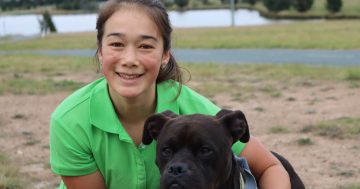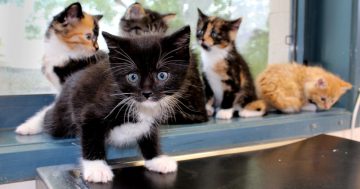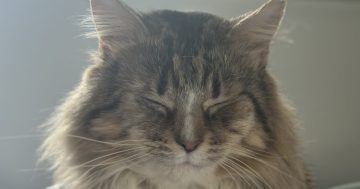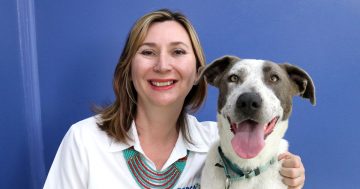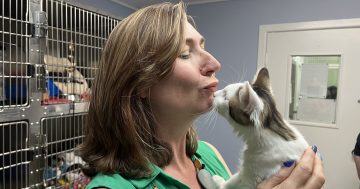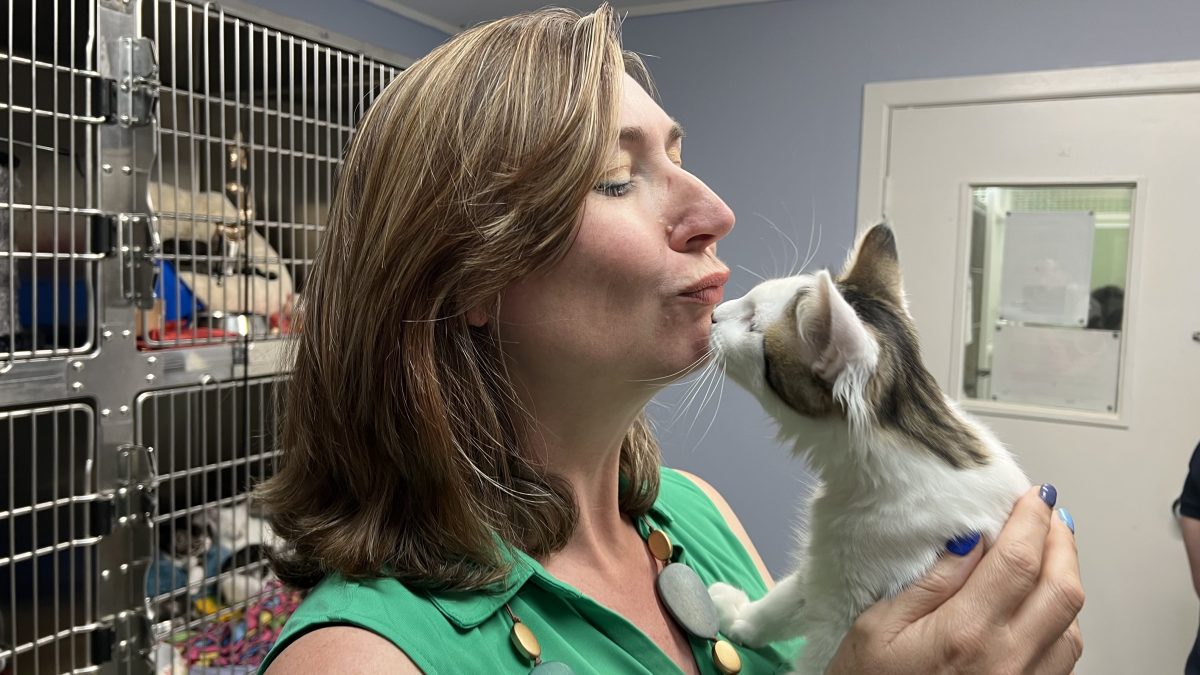
RSPCA ACT chief executive Michelle Robertson has put the call out for volunteers to help with the expected increase in kittens this season. Photo: Travis Radford.
RSPCA ACT is calling for volunteers to help cope with what is tipped to be a bumper season for kittens.
With warmer weather hitting the national capital region about a month earlier than usual, CEO of RSPCA ACT, Michelle Robertson, said the animal welfare shelter had always relied on its volunteers to help it cope with the influx of kittens in spring, but with this year’s early seasonal change, it needed to be even more prepared than usual.
“We want to be even wiser and ready to help as many cats and kittens as possible,” she said.
“We know it’s going to be busy but we’re confident that with a strategic approach, more knowledge and admittedly, more neonatal foster carers, we believe as a team, our animal-loving community can come together to best help and care for the potential over 2000 cats and kittens we’re expecting to see,” she said.
The RSPCA has already received its first pregnant cat ahead of the usual starting date of annual “kitten season” and with the ACT animal shelter already at near capacity, Ms Robertson said she was calling on the community to help.
She said it was also important for the community to make the right decision when people heard a surprise “meow” from their backyard.
“The first thing we want people to do is contact us and we will give you as much advice as we can to help you,” she said. “Please don’t go trying to catch a protective mum and her kittens.
“Every scenario is different and believe it or not, if you see a mum raising her kittens in a relatively safe place, for at least a short period of time, that might be the best place for them,” she said.
“The main point here is to be aware that cats are giving birth in the ACT and if you see them, please call us before you do anything.”

Carers are needed urgently for neonatal kittens – the tiny animals who need humans to bottle feed and groom them. Photo: RSPCA ACT.
Ms Robertson said although the ACT shelter was always in need of volunteers, the priority now was for neonatal foster carers – for kittens who have no mother and need to be raised by hand.
RSPCA ACT has more than 240 feline foster carers on its books, but only a handful of neonatal carers.
“Neonatal kittens are the cutest, but they take the most effort to raise because you have to bottle feed them around the clock and teach them how to groom and go to the toilet,” Ms Robertson said.
“Having said that, our current neonatal carers get immense joy from seeing kittens who at first have almost zero chance of growing up, turned into loving, affectionate pets who bring their owners love and joy. It’s a wonderful feeling.”
Potential neonatal carers are invited to attend an information session on Tuesday 24 September, at 5:30 pm to learn what is involved in taking on the role.
For more information, and to reserve a place, book online at the RSPCA ACT.













